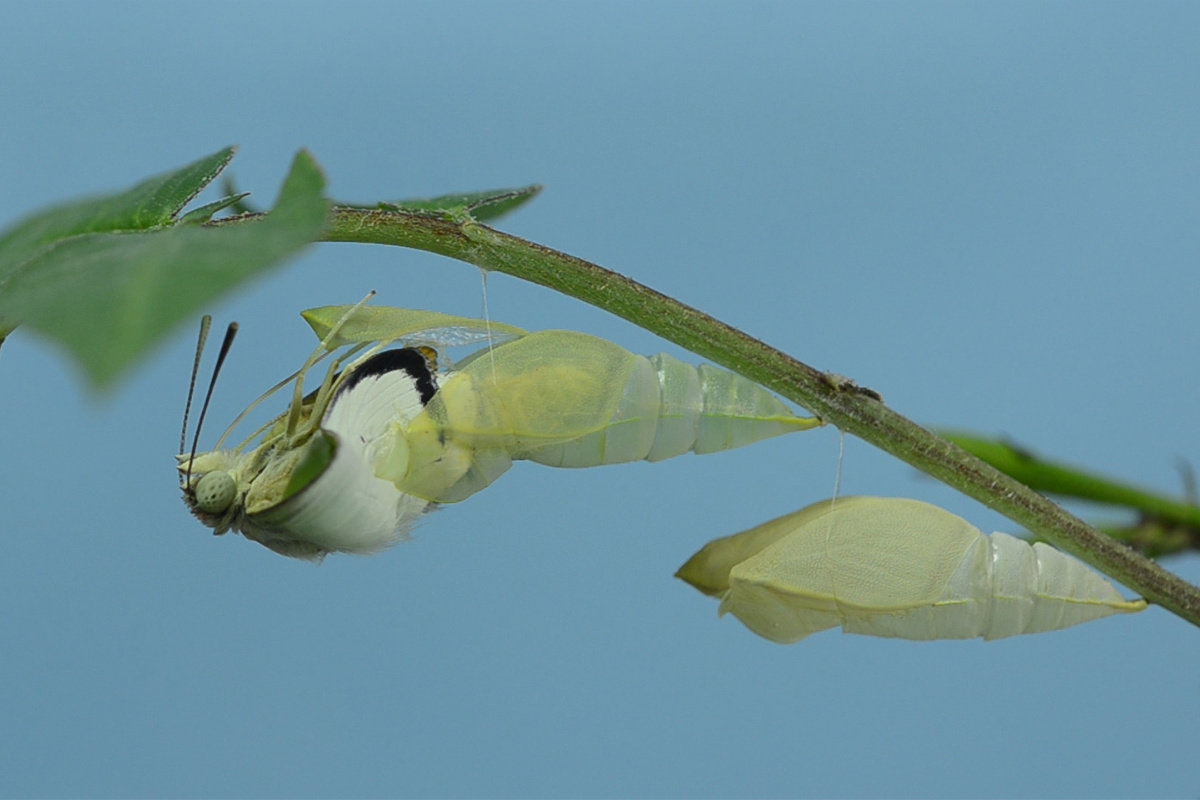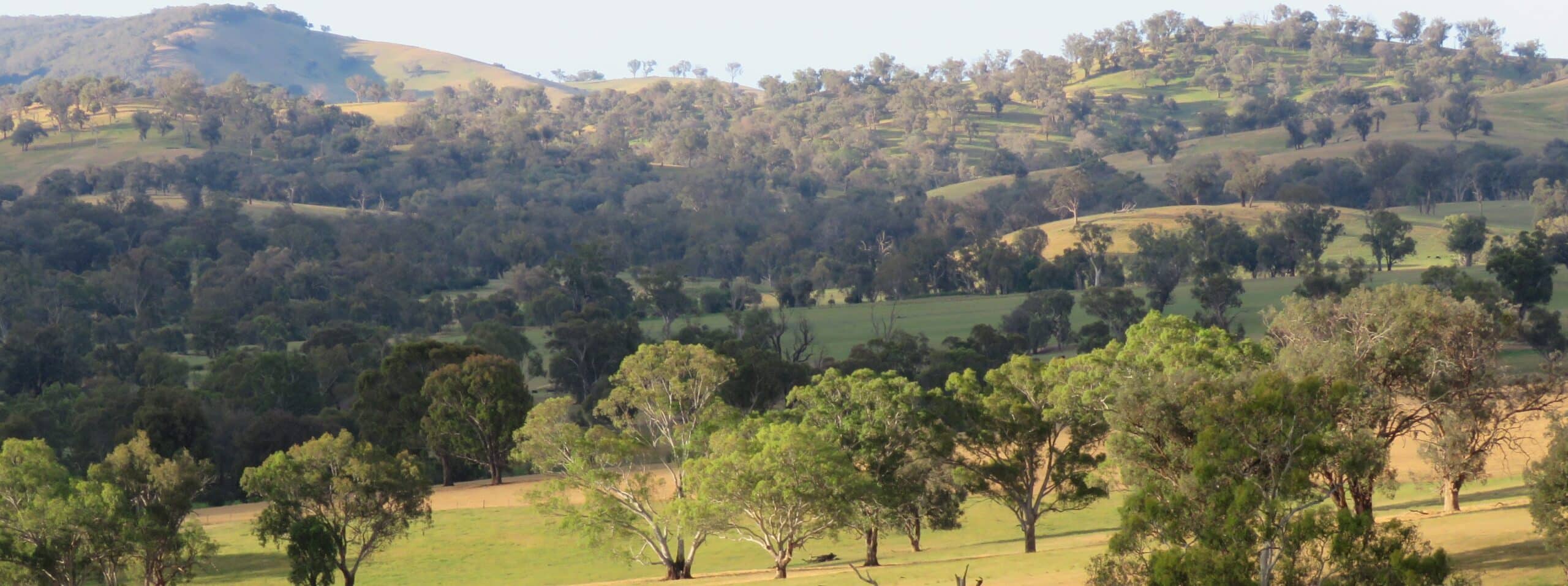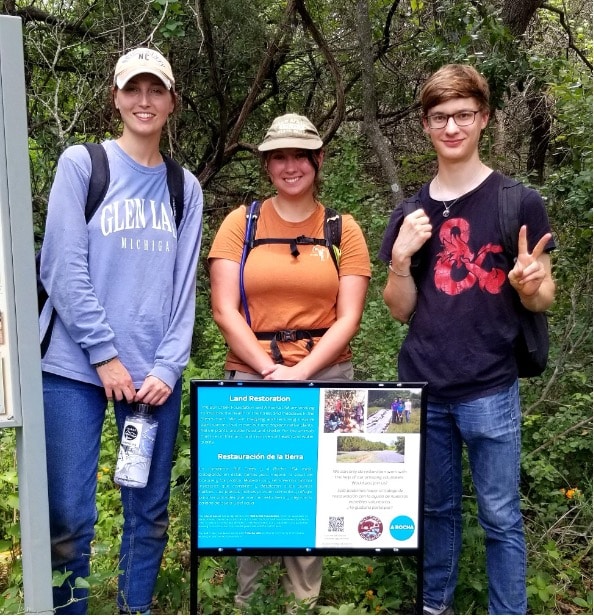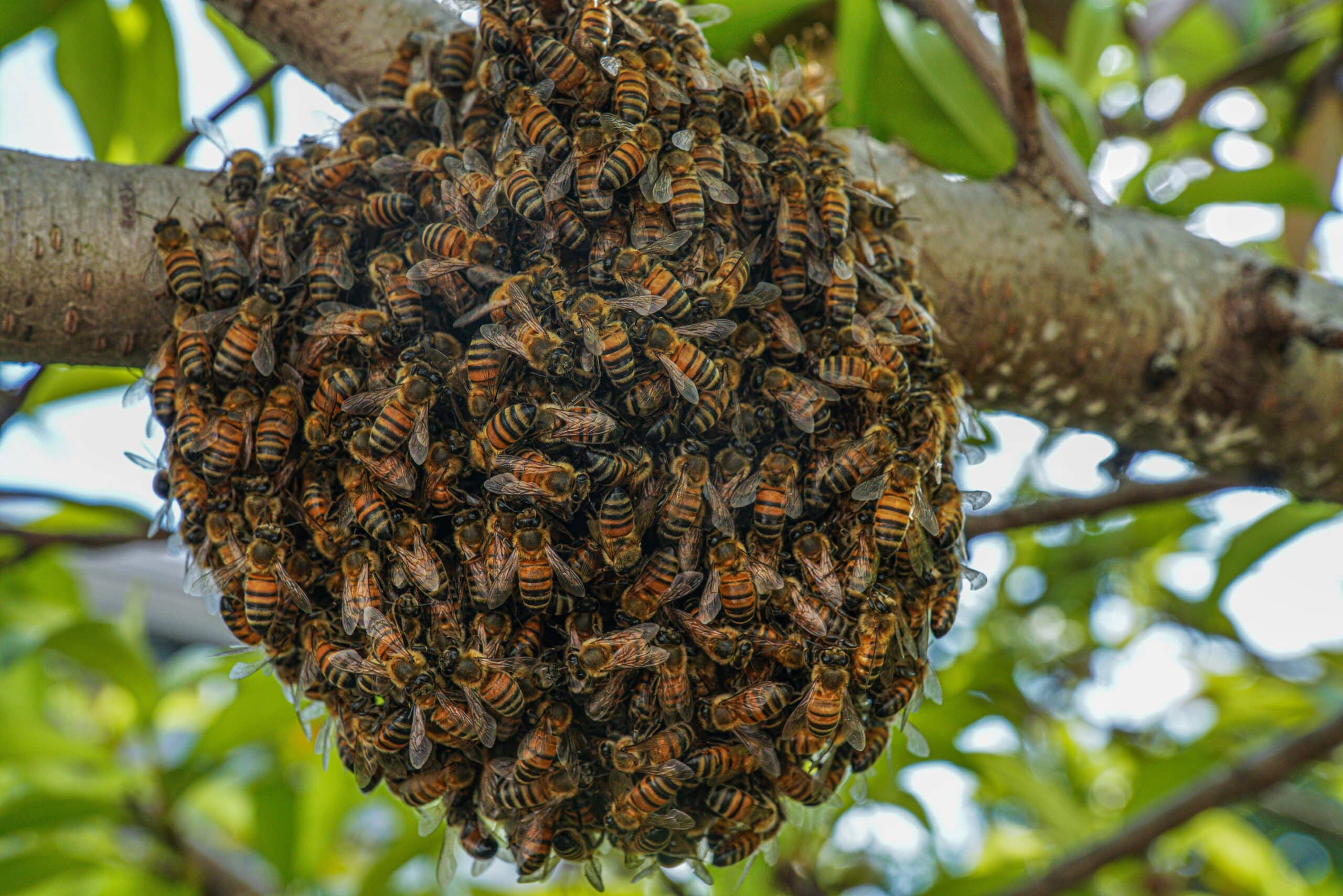Coronavirus, creation and an opportunity for change
Eating out, birthday parties, clothes shopping, holidays – just some of the things we’ve all given up this Lent. But Lent is not just about giving things up; it is also a time for repentance. The New Testament Greek word for repentance is metanoia. It carries the sense of both sorrow and regret and transformation, new direction.
COVID-19 has stopped us in our tracks. It is as though the whole globe has been put on a time out – sent to sit in the corner to take a breath and think about our actions. We could fill the unnerving silence with bread-baking, Zoom meetings and Netflix bingeing. Or we could take this rare opportunity to reflect, reconsider and reboot.
The American theologian and scholar Ellen F Davis talks about the need for ecological repentance, arguing the current environmental crisis points to ‘a massive disordering in our relationship with God, the Creator of heaven and earth.’[1] Let’s explore three creation-harming ways we have sinned against God, and what, in the words of Jesus, might be ‘fruit in keeping with repentance.’ (Matthew 3:8)
1. Greed
The earth has paid a heavy price for our rapacious consumption of everything from red meat, disposable fashion, and single-use plastic, to fossil-fuel powered transport and heating. UN environment chief Inger Anderson has warned humanity is putting too much pressure on the natural world. ‘Global heating and the destruction of the natural world for farming, mining and housing have to end, as both drive wildlife into contact with people,’ she says. COVID-19 is just one of the diseases passed from wildlife to humans and serves as a warning shot. If we don’t mend our ways, worse is to come.[2]
2. Individualism
Nationalism, family breakdown, the separation of health, economic and social policies from environmental policies: all these are symptomatic of increasing individualism. The more we buy into the fallacy that we are not connected to, and reliant on, not only our fellow humans but our climate and every living organism in the world, the more damage we do. Since Adam and Eve first experimented with independence, we’ve continued to walk this foolish path and borne the consequences.
3. Objectifying creation
With few exceptions, humans have treated the rest of the world as a resource. We’ve told what Cambridge Professor of Conservation and Development Bill Adams calls, ‘comfortable stories about [nature’s] benign support for human aspirations.’ By contrast, God relates to his entire creation with love, care, concern, delight and honour. Our mandate is to ‘work it and tend it,’ (Genesis 2:15), not to overuse it or over-consume it.
Restoration and hope
Our sins are serious and heavy and their consequences are painful. But Lent is nearly over, and Easter is coming. At Easter we celebrate our restored relationship with God through the crucified and resurrected Jesus, who ‘for the joy set before him, endured the cross, scorning its shame, and sat down at the right hand of the throne of God.’ (Hebrews 12:2) True repentance leads to forgiveness. There is nothing we have done, or left undone, or considered doing that is not dealt with on the cross. We have been made holy in the sight of God, whose mercies are new every morning.
True repentance is also evidenced by change. So, when we emerge from the coronavirus lockdown, what will we do differently? How will our relationship to God’s creation be transformed? In what ways will our ecological repentance bless our planet and all who live on her? Corporately and individually we’ve been slow to respond to climate change and biodiversity loss, just as much an emergency as a novel coronavirus and far more dangerous. Let’s change that. Let’s bring our treatment of this precious earth into the centre of our life with God. Let’s live our new, forgiven lives in joyful service of his creation, to his glory.
Notes:
[1] Ellen F Davis, Getting Involved with God (Cowley Publications, 2001), p.186
[2] Damian Carrington, “Coronavirus: ‘Nature is sending us a message’, says UN environment chief”, The Guardian, 25/03/2020
Photo by Bankim Desai on Unsplash
We are happy for our blogs to be used by third parties on condition that the author is cited and A Rocha International, arocha.org, is credited as the original source. We would be grateful if you could let us know if you have used our material, by emailing [email protected].





Great to read your first Arocha Blog Jo! Good stuff! Well done!
May we indeed be stopped in our tracks, take time out… and change!
Curious how seldom the virus is talked about as being integral to the environment (assuming the conspiracy theories are wrong) in the same way that e.g. Ash die-back or Dutch Elm disease are. Their spread raises questions of to what extent humans’ inter-connectivity is good for species around the world. It seems we are all a little nervous of raising such issues of bio-security.